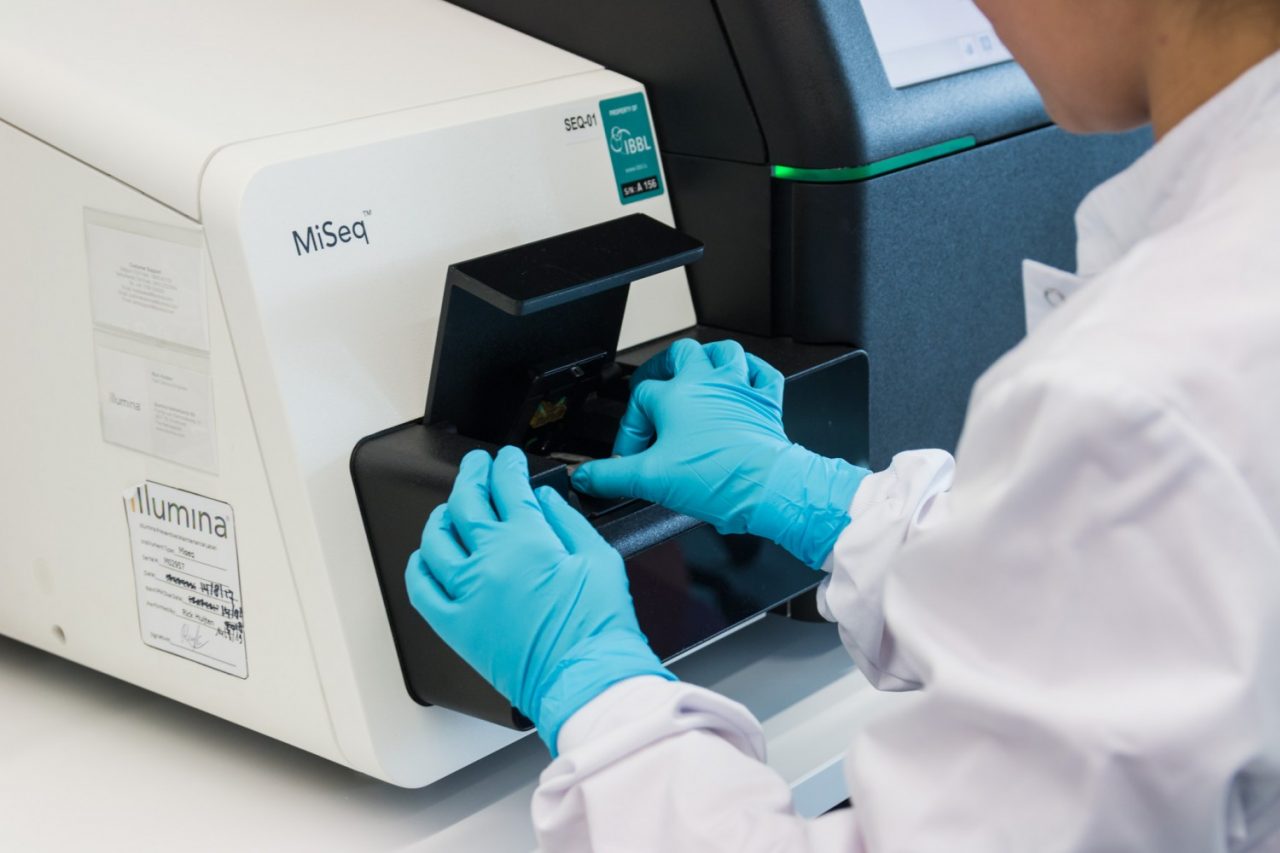- The Laboratory
- Organization
- Departments
- Jobs
- Analysis book
- Contact
- News
- Publications
- Download



IBBL-LNS biospecimen research confirms value of chemically-stabilised stool samples for faecal bile acids analysis
Researchers at IBBL, in collaboration with the Laboratoire national de santé (LNS), set about assessing two different stool sample collection methods, namely immediate freezing and stool stabilisation with a chemical reagent, to determine whether the latter can preserve the sample without affecting its suitability for downstream microbiome-related analyses, thereby overcoming some of the limitations of snap freezing and offering an alternative technique to support microbiome studies. The findings were published on April 12th in the renowned Nature Publishing Group journal “Scientific Reports”.
The research team was particularly interested in evaluating the fitness-for-purpose of stool samples collected and stabilised through the OMNIgene-GUT kit. This kit is known to stabilise DNA, but it was not known whether it could also stabilise metabolites. The team wanted to assess downstream metabolomics assays, and specifically the quantification of faecal bile acids (BAs).
BAs are natural products of cholesterol synthesis that aid in the emulsification and absorption of dietary fats in the small intestine. They include cholic acid (CA), chenodeoxycholic acid (CDCA), deoxycholic acid (DCA), lithocholic acid (LCA) and ursodeoxycholic acid (UDCA). The gut microbiome plays an important role in BA metabolism, mediating processes such as BA synthesis and transformation. As such, imbalances in the composition of the bacterial communities naturally present in the gut can in turn change the amount and composition of the BA pool, resulting in documented detrimental health effects such as intestinal inflammation, altered BA homeostasis and increased risk of liver injury. The quantification of bile acids and the profiling of the gut microbial community through the analysis of stool samples are therefore increasingly getting attention as a means of elucidating the mechanisms by which the gut microbiota influences the host.
Techniques that preserve the integrity of both the microbial composition and of the BA pool in faecal samples are crucial to ensure reliable research results. Although flash freezing stool samples has been shown to optimally preserve both aspects, its implementation is not always feasible or cost-effective, particularly in large-scale, population-based studies or home collections. The stabilisation of faecal samples through chemical preservatives is already a normative recommendation for collection and storage in the context of gut microbiome studies. However, it has not yet been assessed whether this method allows for the use of the same sample for both downstream microbiome analyses and BA quantification.
“Being able to use the same stool sample to perform integrated microbiome-metabolomics analyses is essential if we want to draw meaningful conclusions as to the correlation between BA homeostasis and gut microbiota composition, hence our interest in this specific research question”, says Lorieza Neuberger-Castillo, Microbiome & Sequencing Assistant Scientist at IBBL and corresponding author of the study.
The team therefore compared the fitness-for-purpose of stool samples collected in OMNIgene-GUT kit with those snap frozen at −80 °C by determining the BA concentrations in each specimen. They observed that BA extractions from snap frozen samples resulted in higher total concentrations, although no significant difference was found in the relative concentrations of primary (CA, CDCA) or secondary (DCA, LCA, UDCA) BAs to total BA in OMNIgene-GUT-collected samples as compared with the snap frozen ones. Moreover, the OMNIgene-GUT kit also successfully allowed to distinguish different BA profiles originating from different donors.
“In essence, our work demonstrated that there is a high degree of correlation in the relative concentrations of bile acids between OMNIgene-GUT and snap frozen samples, indicating that the OMNIgene-GUT stabiliser is fit for the purpose of metabolomics studies directed at quantifying a specific and clinically important class of molecules – bile acids in this case. Conversely, its lower sensitivity does not make it suitable for the detection and relative quantification of unknown metabolites”, explains Wim Ammerlaan, Team Leader at IBBL and co-author of the publication.
“We are pleased to have contributed to advancing current microbiome research through our own biospecimen research efforts. The publication of our findings in this prestigious journal is a further confirmation of the quality of the collaborative endeavours carried out at IBBL and LNS”, concludes Dr Fay Betsou, Scientific Advisor & Project Coordinator at LNS and last author of the study.